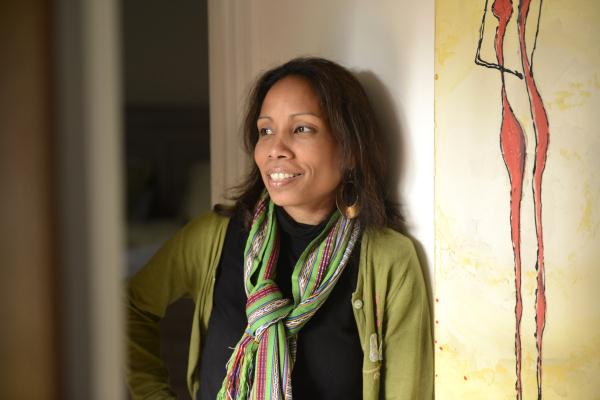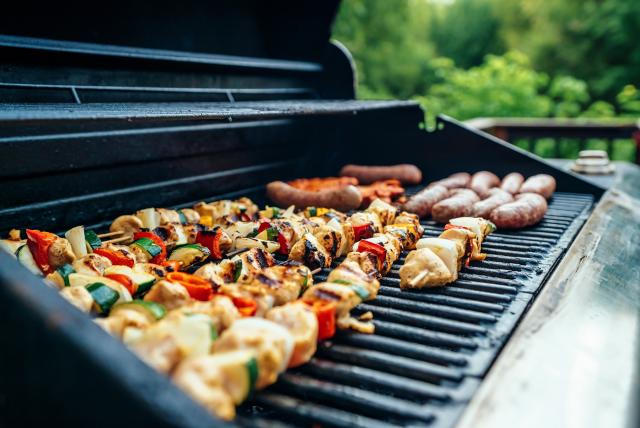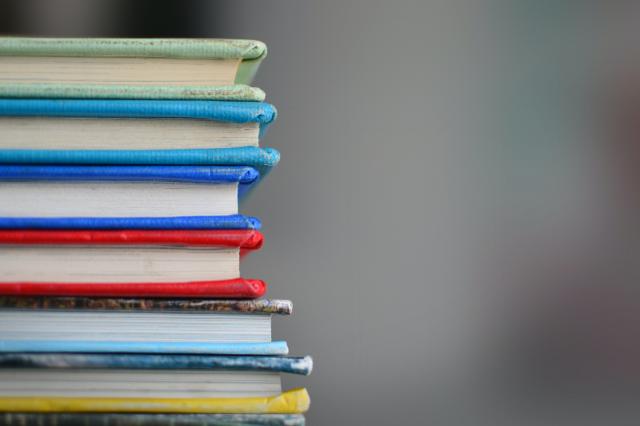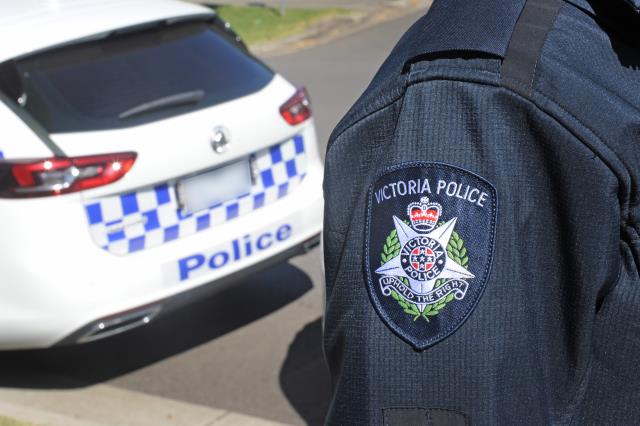By LACHLAN MOORHEAD
TERESA Fraga lost her father when she was two years old and never saw him again.
The East Timorese-born mother of three still doesn’t know what happened to her dad, presumed killed almost 40 years ago when Teresa’s family was caught in the middle of the Timor-Leste civil war.
Having pieced together rumours and whispers,Teresa believes her father, Luis Santos, was killed by Fretilin, the Revolutionary Front of Independent East Timor, who fought against UDT, the Timroese Democratic Union, in the mid-1970s.
“He was in jail and got executed. It was just miscommunication, I don’t know what happened. That’s what we still want to know – we don’t know what really happened,” Teresa, who lives in Berwick, said.
“To this day, we don’t know where he is. Where is he buried, what happened to him?
“We know he went to work and never came back. You hear rumours; we know he was taken to prison or something like that. He got arrested basically; Mum was in the mountains in hiding.
“Back then, you don’t have communication, you don’t have radios, you don’t have phones. All I know is that he was a victim of it, and Fretilin had something to do with it.
“I’m not blaming Fretilin as party; I think it’s just groups of people that do certain things within that period. UDT did some bad stuff, Fretilin did some bad stuff. We were just victims, victims of those two parties.”
When Teresa stood at a City of Casey council meeting last month and shared her incredible story – in recognition of East Timor’s Independence Day Restoration on 20 May – the room was silent.
It was almost impossible to imagine the journey which saw Teresa and her eight siblings separated from their mother and father in East Timor at such a young age.
And then find themselves in Casey where Teresa has lived for the better part of 30 years.
With her husband missing, Teresa’s mother, Berta, took her children and fled to the mountainous Timorese region of Maubara in 1975. The family soon surrendered to the Indonesians, who invaded the country on 7 December in the same year, and were kept in a concentration camp for three months.
“If the Indonesians catch you, they will certainly kill you. You’re in the crossfire between Fretilin and the Indonesians,” Teresa said.
“Best to surrender then to be found, because you don’t know what’s going to happen if you’re found.”
Teresa praises the resourcefulness of her mother that saw Berta befriend her Indonesian captors and encourage them to release her family back into the Timorese community.
Soon given an opportunity to leave East Timor for Portugal but unable to take her whole family with her, Berta was faced with an unbearable decision.
“Mum decided to talk to the family priest to ask if she should leave East Timor or stay. Had she stayed all of us would have died some way or another, by Indonesian forces, or by disease or by hunger,” Teresa said.
“Mum spoke to the priest and he advised her to get out if she had a chance to. So she took my younger sister and left us. My older sister was looking after us.
“My mum went to Portugal and from Portugal she campaigned to get us out of East Timor.
“It took her a long time. She was very lucky because she met an Australian journalist, Jill Jolliffe, they became really good friends. Through Jill she did a lot of campaigning to get us out of East Timor.”
Jill Jolliffe has reported on East Timor since 1975, notably writing a book on the capture and killing of the Balibo Five and its connection with Indonesia’s decision to invade and occupy East Timor.
Teresa and her siblings were finally able to leave East Timor for Portugal with the help of the International Red Cross in 1982 and a couple of years later made their way to Victoria, where Teresa and her mother still live today.
Now a proud Australian, East Timor has never been far from Teresa’s mind as she helps the City of Casey recognise the Timorese community that exists within the municipality.
“East Timor is always part of me, but I feel very connected with the countries that I’ve visited. I’ve lived my life here,” Teresa said.
“I’m connected with Portugal and very connected with Australia. I feel like this is my second home.
“When we came to Australia, we made the most of what we were given.”







